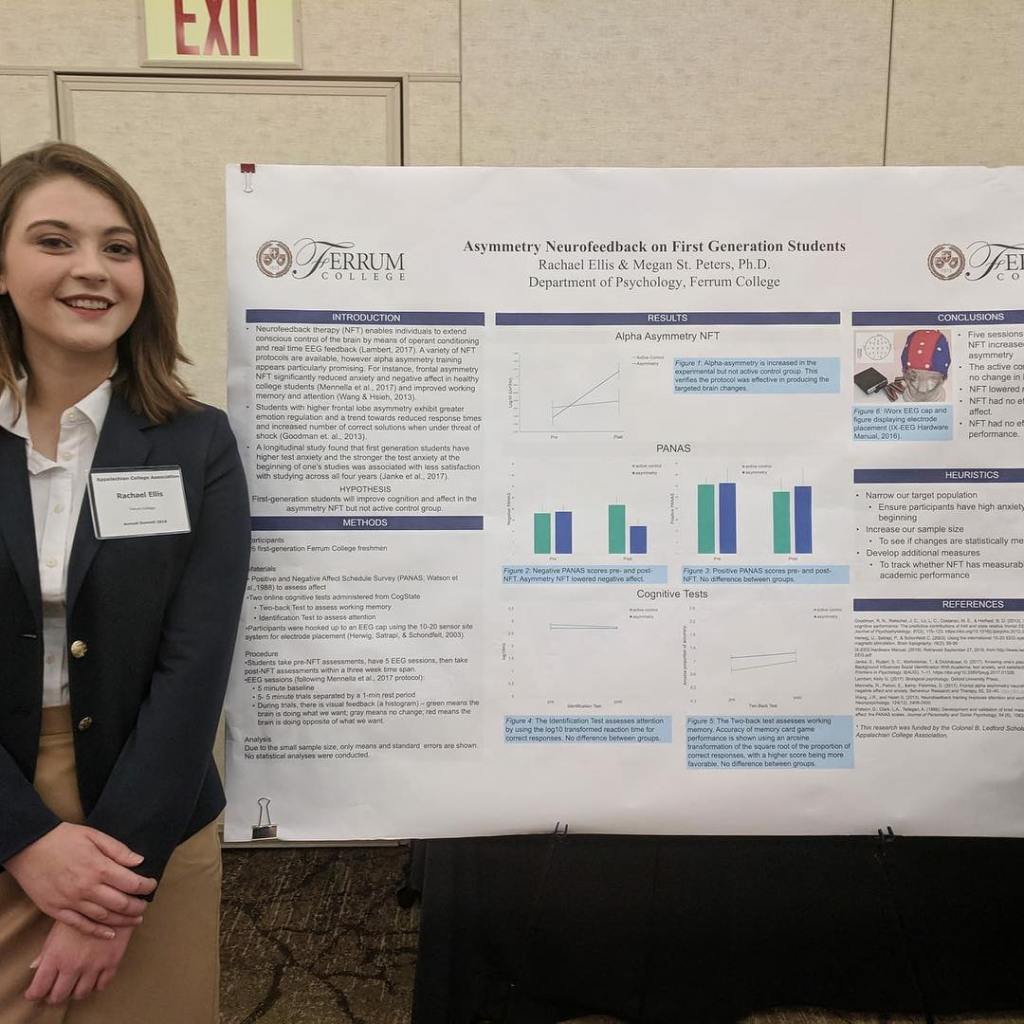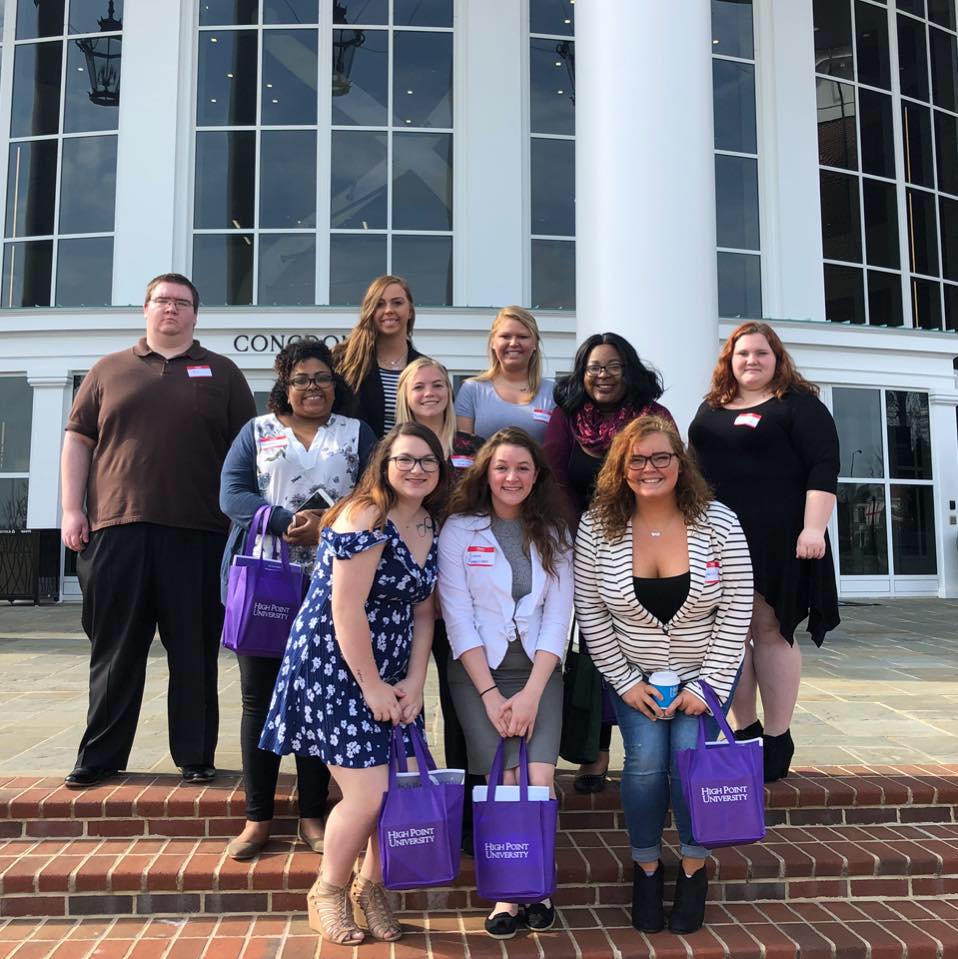
Dr. Megan St. Peters, Assistant Professor of Psychology
she/her
Postdoctoral Researcher (Neuroscience lab), University of Michigan
Doctor of Philosophy in Psychology (Neuroscience and Behavior), Northern Illinois University
Master of Arts in Psychology (Neuroscience and Behavior), Northern Illinois University
Bachelor of Science (double major: Psychology and Composite Science), University of the Ozarks
Tell us a little bit about yourself!
I grew up in southern Illinois with my dad, mom, and (older) sister. I’m now married with two children and we enjoy trying new things (places, food, activities, anything!). I prefer to be outside – hiking, kayaking, playing with my kids, or just laying around reading a book in the sun. When inside I play the piano, try out new recipes, craft (e.g., make soaps, sew, refinish furniture, or color / paint with my kids), or go to a gym to work out (lift weights). I also love shopping at thrift stores and repurposing things!

Tell us about your area(s) of research/specialization in your discipline. How did you get interested in them?
My interest in research was piqued when I was an undergraduate student, where I was awarded a grant funded by NASA. This opportunity enabled me to travel to the NASA Space Center in Houston, to Las Vegas to present my research, meet researchers in the field, and conduct an experiment. (I looked at accuracy in navigation when in a micro-gravity environment as a function of sex and handedness.) My underlying interest remains in biological influences of cognition, and I’ve used both rodents and humans to explore various aspects of this. Most recently, I’m interested in the effects of sleep on cognition, biological correlates of stress, anxiety, and attention, and how biofeedback can be used to improve life in college students.
What are a few recent professional accomplishments that you’re proud of?
I was awarded a grant in 2019 to study the effects of neurofeedback on cognitive performance and anxiety in first generation students. I’ve also guided students through the research process, had them present at various local and regional conferences, and helped students earn grants ranging from $200 to over $6000. Students have explored a wide variety of topics with me. Some topics include modeling PTSD with cats and rats, sleep deprivation and reaction time, aggression and video gaming, stress in athletes vs. non-athletes, and nostalgia and loneliness during COVID-19. I look forward to setting up my research lab at Murray State University to explore the physiological basis of various factors such as sleep, attention, learning, anxiety, and motivation.

Describe one of your favorite aspects of teaching or what you hope students take away from your classes.
Psychology is the scientific study of mental processes and behavior, and thus is very practical. I love helping students make meaningful connections with the core concepts, tools, and current research in psychology. My goal is for students to leave each class with a piqued curiosity of how concepts apply to themselves and the world around them.

Why do you think your discipline or subject area is important for people to study?
Biological psychology is an exciting, dynamic interdisciplinary subject that focuses on the final frontier – our mind / brain. It is an evolving field, with research continually reshaping the way we understand ourselves and others. It is applicable to nearly all aspects of life, and appreciating its implications can be empowering both personally and professionally.
Thank you so much, Dr. St. Peters!
